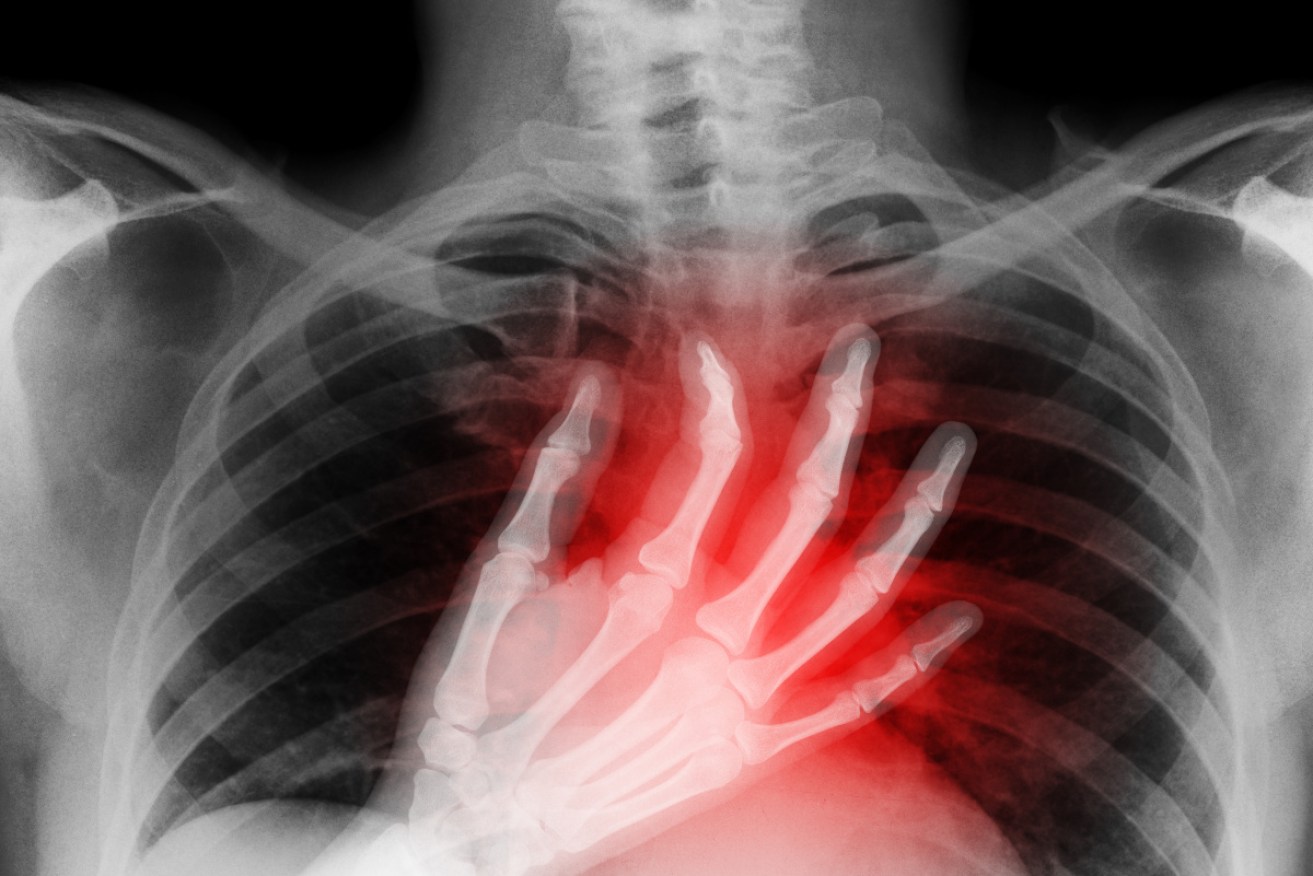Coronavirus: New problems, new treatments in the evolving battle


A drug used to treat blood clots may prove to be a stopgap measure when ventilators run short. Photo: Getty
It seems that every day scientists are discovering something new about our nasty jailer, COVID-19. But for each new challenge thrown up by the virus, researchers are ready to try out a new fix.
Here is some of what’s been happening in the past week.
A stopgap measure for ventilators: One of the most horrifying realities in emergency departments overseas (and thankfully one we haven’t we haven’t yet faced in Australia) is a shortage of ventilators. This means doctors are forced to decide who gets to keep breathing and who does not.
US hospitals are about to trial a stopgap measure for people in respiratory distress, in cases where a ventilator is not helping, or where a ventilator is not available.
The plan, prompted by a new study, is to give these patients a drug that is otherwise used to treat blood clots.
According to a statement from the Massachusetts Institute of Technology, the drug is a protein called tissue plasminogen activator (tPA). It’s commonly given to heart attack and stroke victims.
How can this help people struggling for breath? There is emerging data from China and Italy that Covid-19 patients have a profound disorder of blood clotting that is contributing to their respiratory failure.
“If this were to work, which I hope it will, it could potentially be scaled up very quickly, because every hospital already has it in their pharmacy,” said Michael Yaffe, a David H. Koch Professor of Science at MIT, in a prepared statement.
“We don’t have to make a new drug, and we don’t have to do the same kind of testing that you would have to do with a new agent. This is a drug that we already use. We’re just trying to repurpose it.”
The researchers will test tPA in patients under the Federal Drug Administration’s “compassionate use” program.
That’s not a heart attack, it’s COVID-19: According to a report in The New York Times, some patients are presenting at emergency departments with symptoms of a heart attack, but when the doctors search for blocked arteries, there aren’t any, because the cardiac distress is being caused by COVID-19.
This is a desperate scenario. As the Times writes: “What should doctors do these days when they see patients with apparent heart attacks? Should they first rule out coronavirus infection — or is that a waste of valuable time for the majority of patients who are actually having heart attacks?”
And what do the doctors say about it?
“I don’t know what the right answer is,” Dr Nir Uriel, a cardiologist at Columbia University and Weill Cornell Medicine in New York, told the paper of record.
Meanwhile, a University of Texas study found that inflammation brought on by COVID-19 “can induce vascular inflammation, myocarditis, and cardiac arrhythmias”. In other words, it can damage healthy hearts.
Further, a report on heart problems among coronavirus patients in Wuhan, China, found that 20 per cent of patients hospitalised with COVID-19 had some evidence of heart damage. Many of these patients had no previously recorded heart disease.
These patients were four times more likely to die compared with patients free of heart complications. Grim news, but new insights lead to new, more effective treatments.
Experimental stem cell therapy given go-ahead: The US Federal Drug Administration has approved the clinical testing of an experimental stem cell therapy in patients with COVID-19.
The therapy, to be initially trialled in 86 patients, uses Natural Killer (NK) cells from human placentas.
NK cells are a type of white blood cell that work to support the immune system by identifying and destroying cells in the body that appear to be stressed, either from an infection or a mutation.
The therapy has reportedly had some success in treating tumours.
There is a difficulty with this form of therapy, however: it can thrust the immune system into overdrive, causing what’s known as a “cytokine storm”. This is where the body attacks healthy cells in the lungs, leading to organ failure and death. This occurs in up to 15 per cent of people battling any serious infection.
The Phase I and II trials will be conducted by a New Jersey company called Celularity.
Hundred-year-old vaccine trialled on Australian healthcare workers: 4000 healthcare workers are being recruited for a randomised controlled clinical trial of the Bacillus Calmette-Guerin (BCG) vaccine, which was widely used to bring tuberculosis under control in the early 20th Century.
BCG is still given to more than 130 million babies annually. It’s been found “to boost humans’ frontline’ immunity, training it to respond to germs with greater intensity,” according to a statement from the Murdoch Children’s Research Institute (MCRI), which is conducting the trial.
BCG has also been found to significantly reduce sharply reduces the incidence of respiratory infections.
While the researchers “hope this improved ‘innate’ immunity will provide crucial time to develop and importantly, validate, a specific anti-SARS-CoV-2 vaccine”, the initial plan to is to see if it can provide some protection for doctors and nurses treating COVID-19 patients.
The trial will take place at multiple sites across Australia, the first being the Royal Children’s Hospital and Monash Medical Centre.
The trial has been endorsed by the World Health Organization.
The MCRI announcement can be found here.









